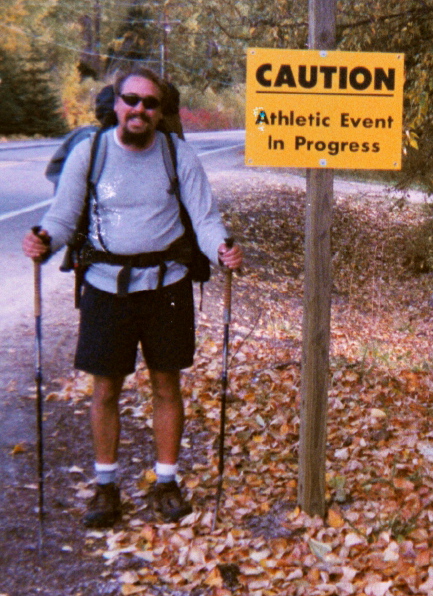Lake Mead, the vast reservoir for the Colorado River water that sustains the fast-growing cities of Phoenix and Las Vegas, could lose water faster than previously thought and run dry within 13 years, according to a new study by scientists at the Scripps Institution of Oceanography.The lake, located in Nevada and Arizona, has a 50 percent chance of becoming unusable by 2021, the scientists say, if the demand for water remains unchanged and if human-induced climate change follows climate scientists’ moderate forecasts, resulting in a reduction in average river flows.
Demand for Colorado River water already slightly exceeds the average annual supply when high levels of evaporation are taken into account, the researchers, Tim P. Barnett and David W. Pierce, point out. Despite an abundant snowfall in Colorado this year, scientists project that snowpacks and their runoffs will continue to dwindle. If they do, the system for delivering water across the Southwest would become increasingly unstable.
Maybe the housing bubble will slow things down. The speed of it seems to have caught the scientists off guard.
"We were stunned at the magnitude of the problem and how fast it is coming at us," notes Tim Barnett, a research physicist at Scripps who led the effort. By "dry," the team means that water levels fall so low behind the Hoover and Glenn Canyon Dams that the water fails to reach the gravity-fed intakes that guide it through turbines or out through spillways. In addition, the report estimates that the lakes stand a 50 percent chance of falling to the lowest levels required to generate electricity by 2017.
Last week, Dr. Barnett published additional work in the journal Science attributing 60 percent of the reduction in snowpack, rising temperatures, and reduced river flows over the past 50 years to global warming.
The latest work "not only shows that climate change is a real problem. It also shows it has direct implications for humans – and not just in the third world," says Peter Gleick, president of the Pacific Institute in Oakland, Calif. The institute focuses on links between sustainable development and global security issues. "Even without climate change, we're taking too much water from the Colorado. So it's no surprise that if we continue to take too much, the reservoirs will go dry."
Perhaps the civilizations will go the way of the Anasazi. The Anasazi are the people that built the pueblos at Mesa Verdi National Park.



No comments:
Post a Comment